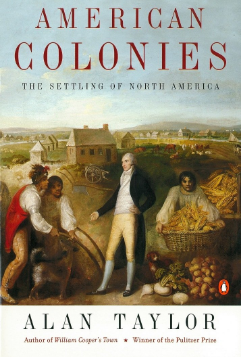On Barbados, the great planters monopolized seats in the elected assembly as well as the appointed council and judiciary. Because most land belonged to a small elite, the property requirement disenfranchised about three-quarters of the white men (to say nothing of either the white women or the black majority, neither of whom had any political standing). No other English colony so tightly restricted the electoral franchise.
The planter elite also enjoyed unusual clout in Parliament and with the crown. Many English gentry families possessed investments and sons in Barbados, and many successful planters retired to England and entered the gentry class by purchasing country estates. In Parliament these gentry families combined with the great London merchants who imported sugar to compose a formidable "sugar interest"--more influential than any other colonial interest. The sugar lobby protected the planters from the nearly ruinous taxes the crown levied on Chesapeake tobacco. In 1668-69 the West Indian sugar crop sold for about £180,000 after it paid about £18,000 in customs duty--compared with the £50,000 reaped by Chesapeake planters over and above their customs duty of £75,000. The Chesapeake planter worked primarily to benefit the crown; the West Indian planter kept most of the value his slaves made.
--Alan Taylor, American Colonies: The Settling of North America, The Penguin History of the United States 1 (New York: Penguin Books, 2002), 216.

No comments:
Post a Comment